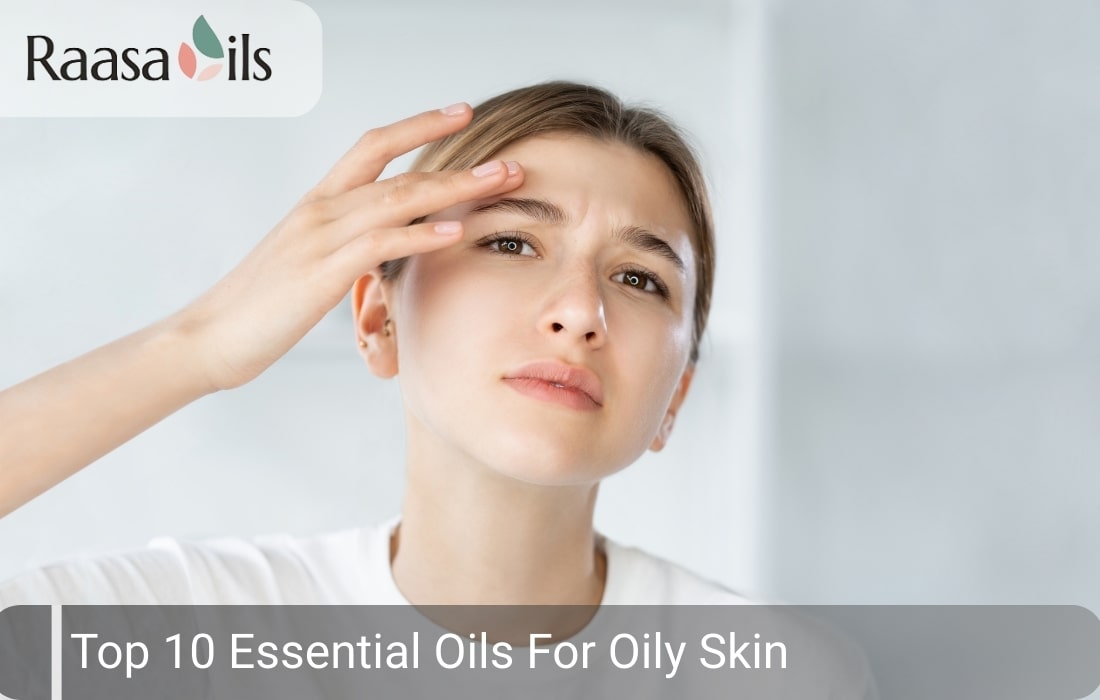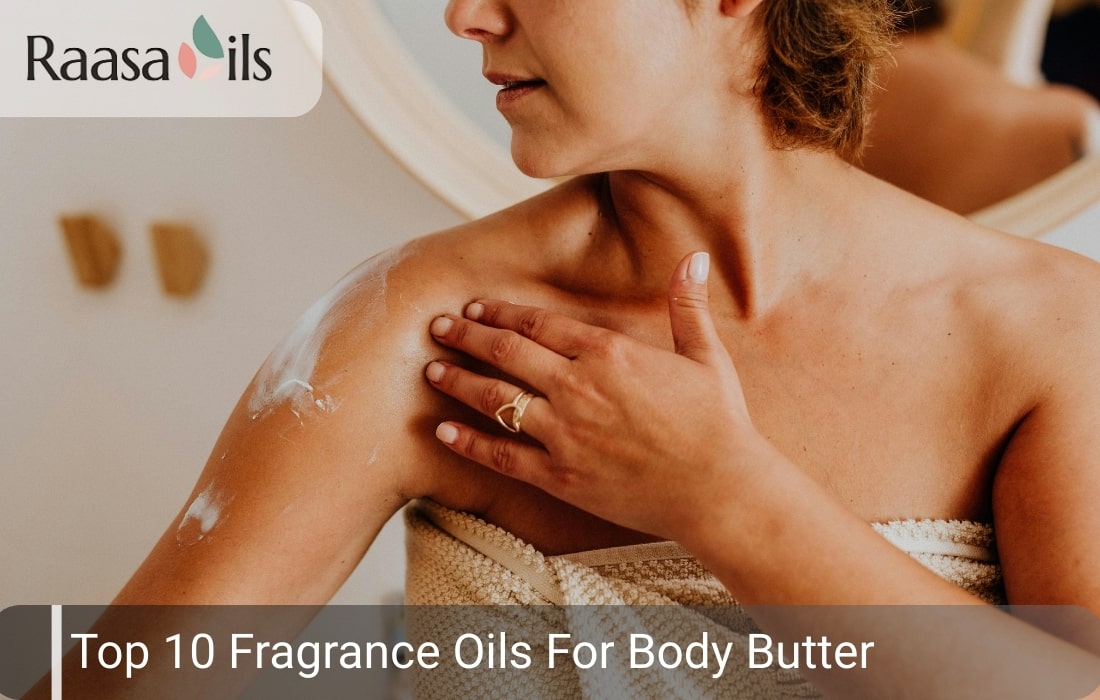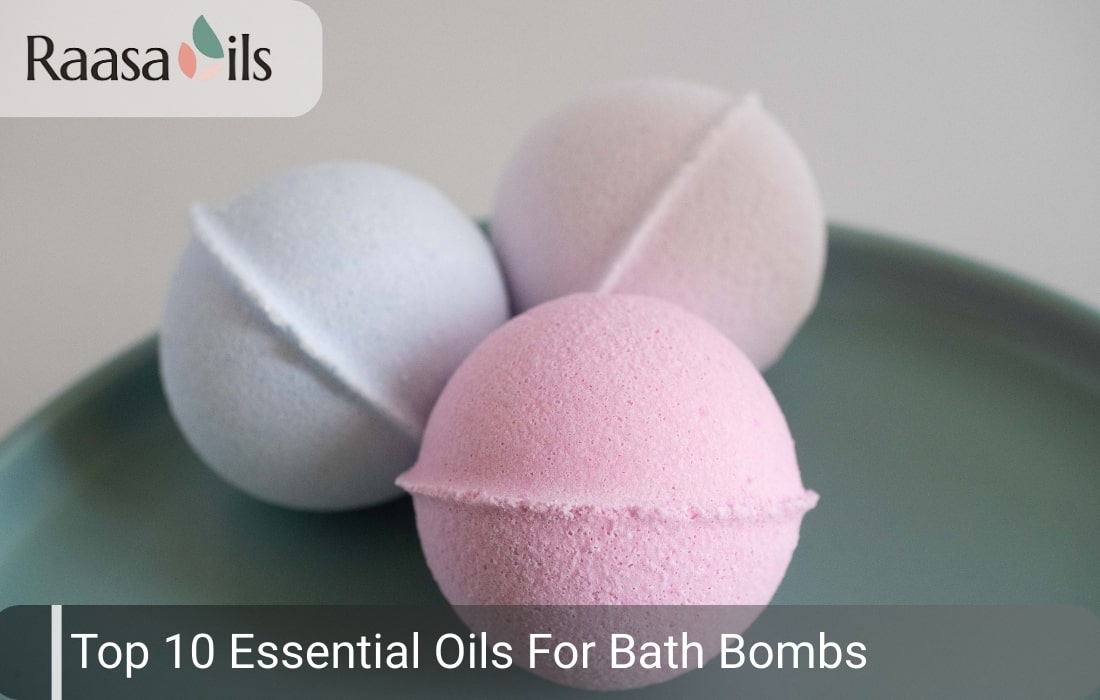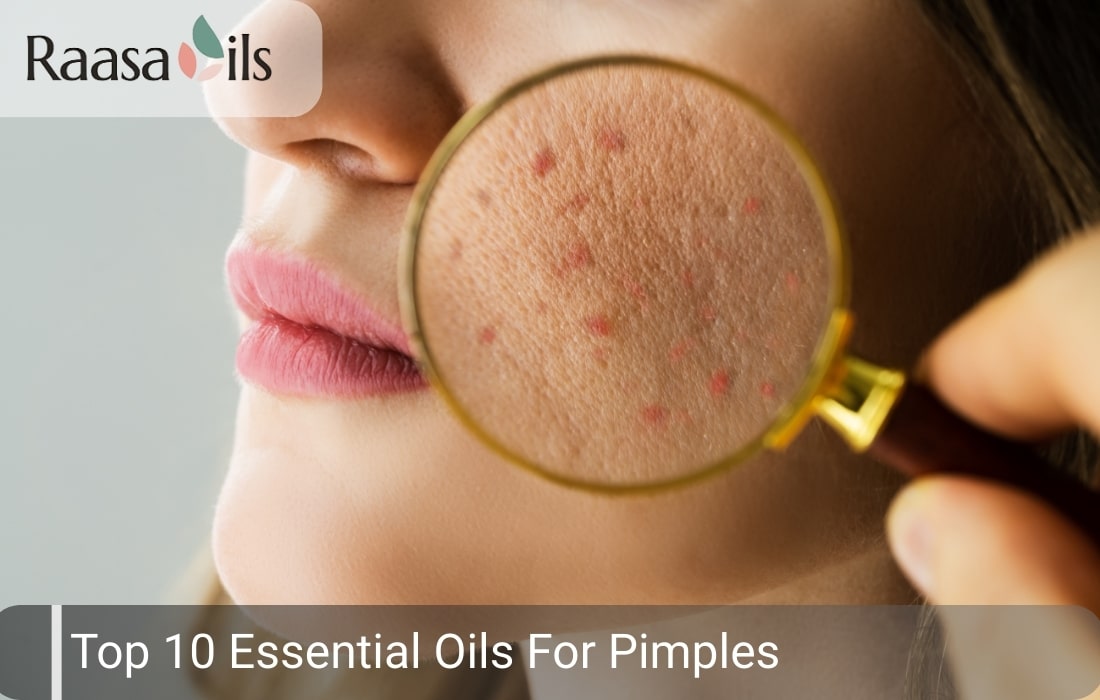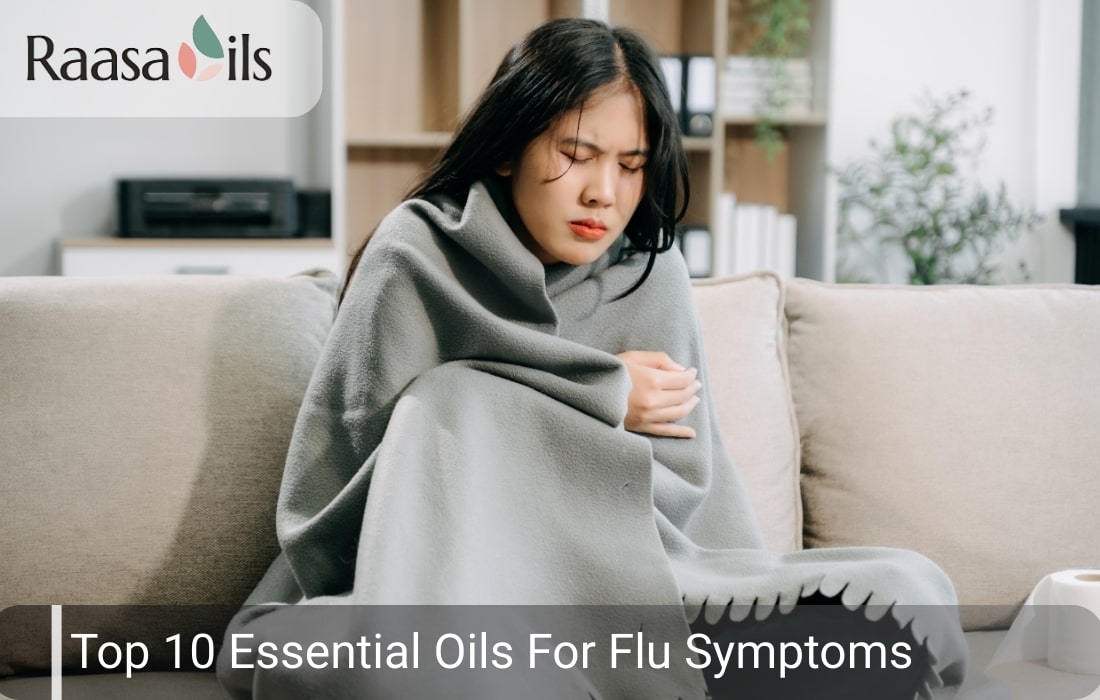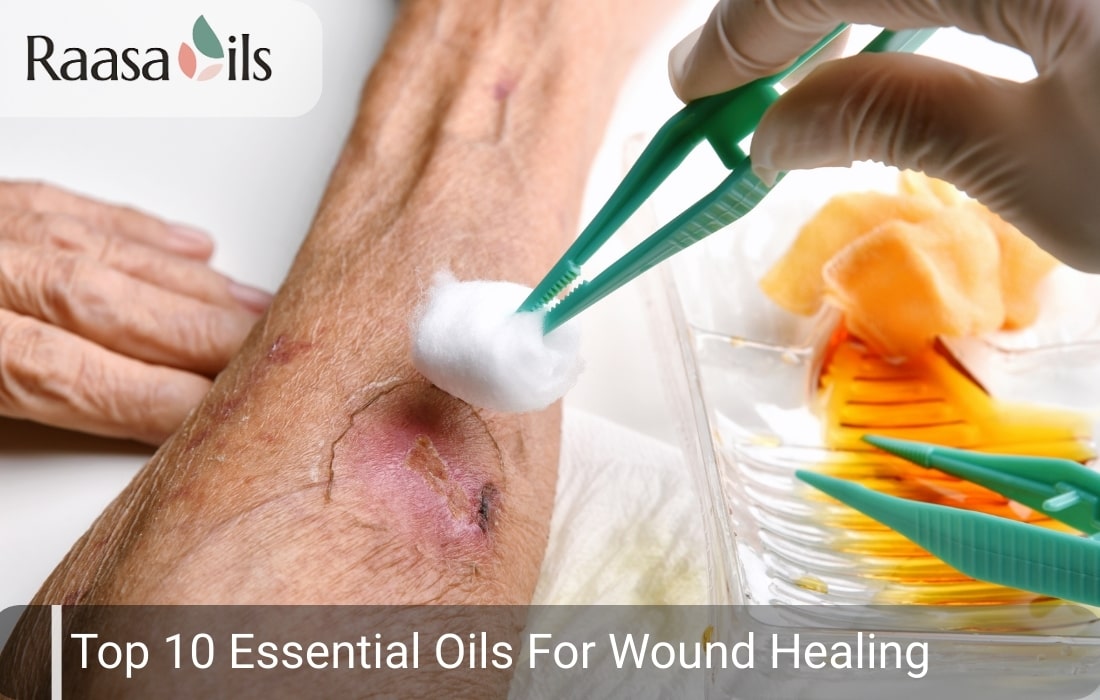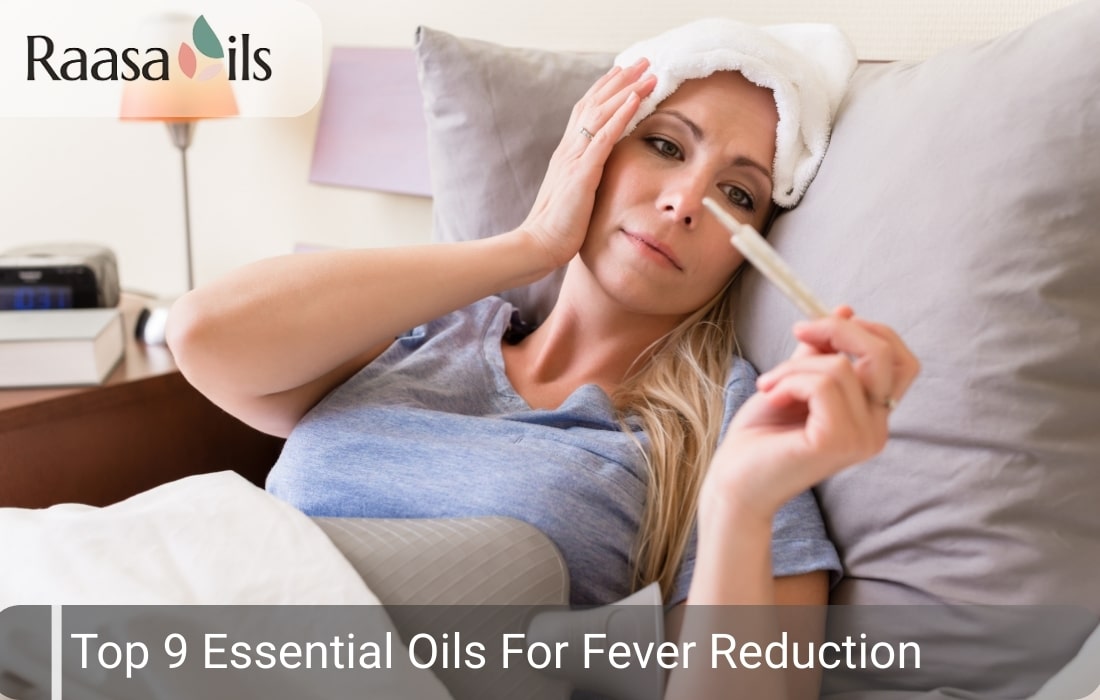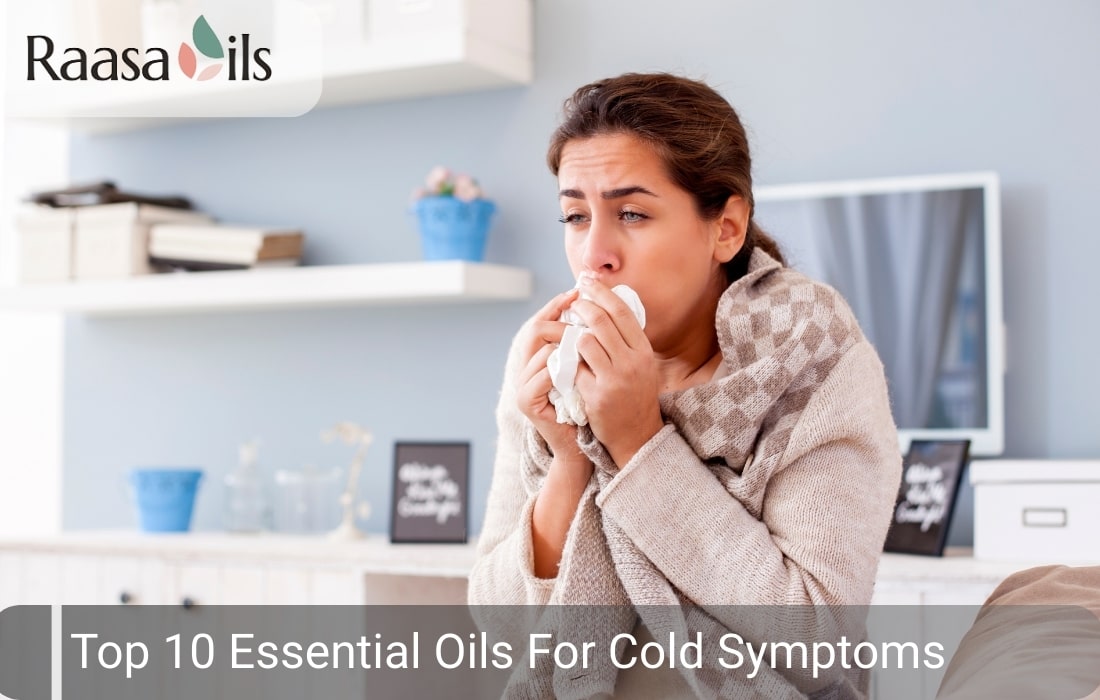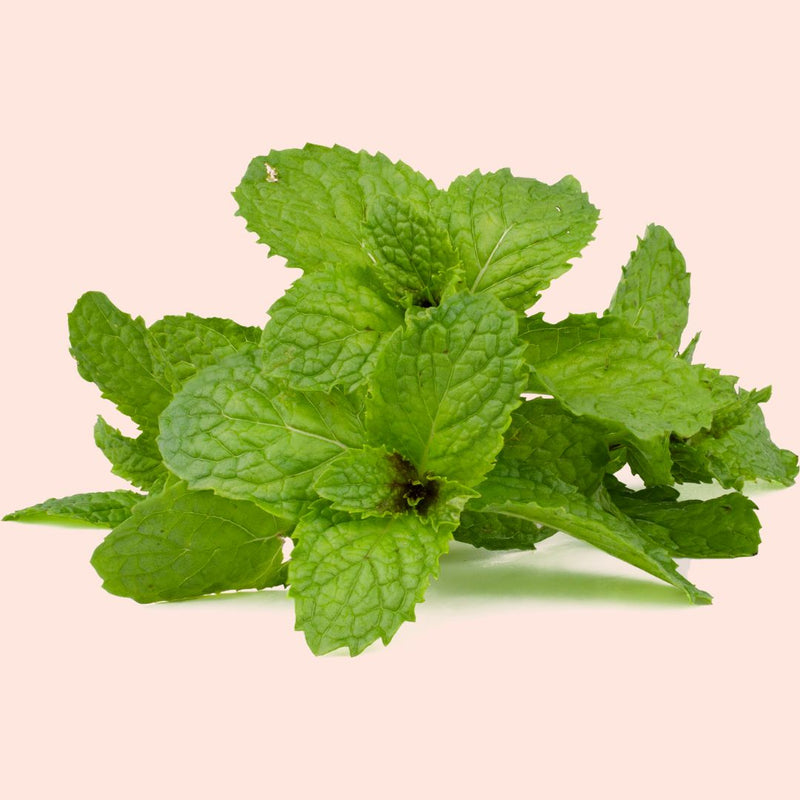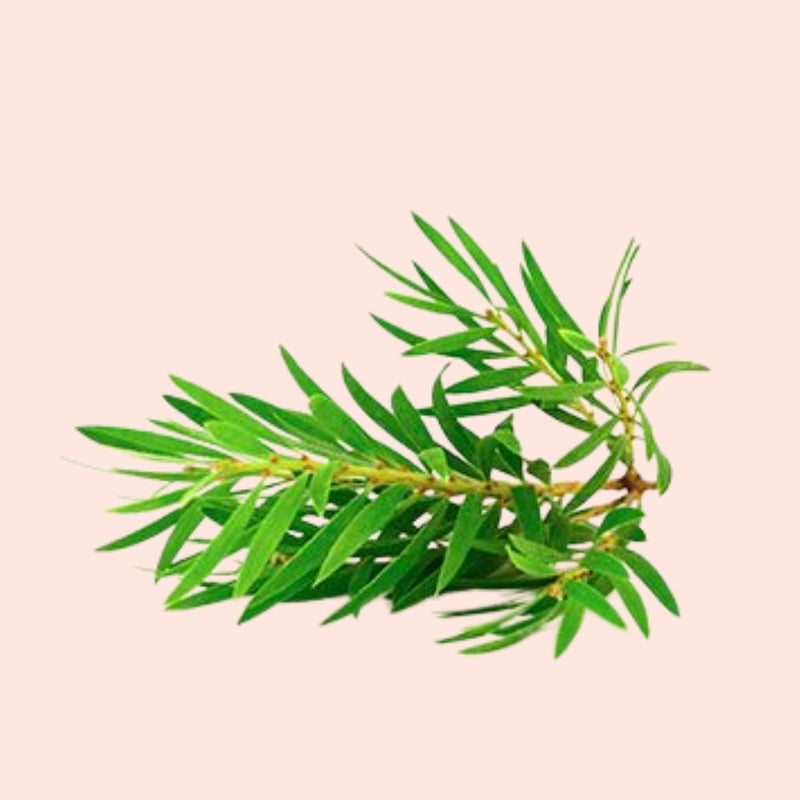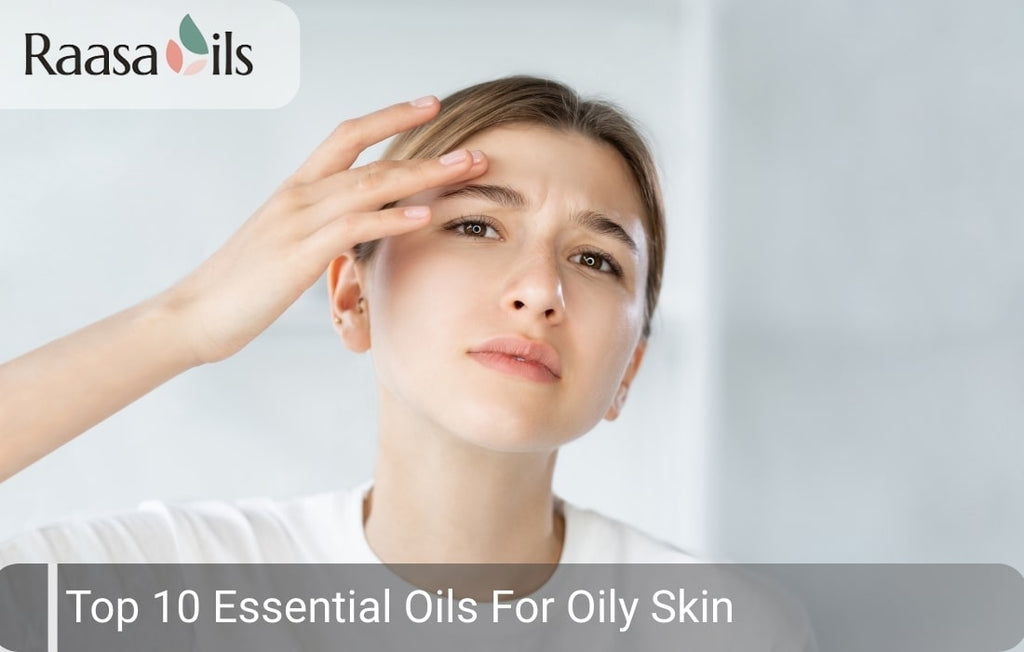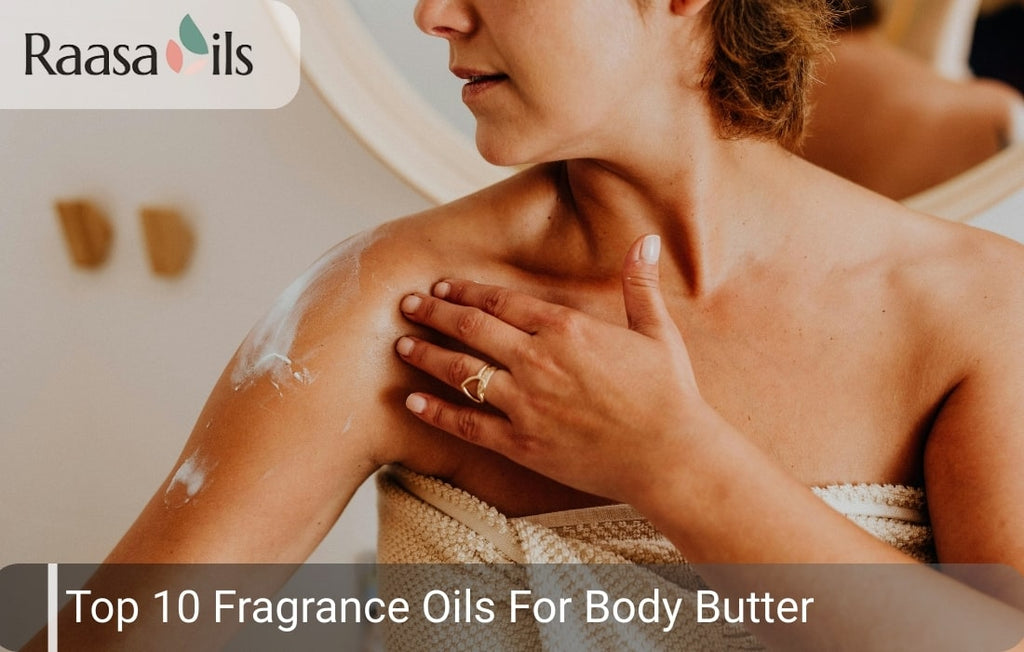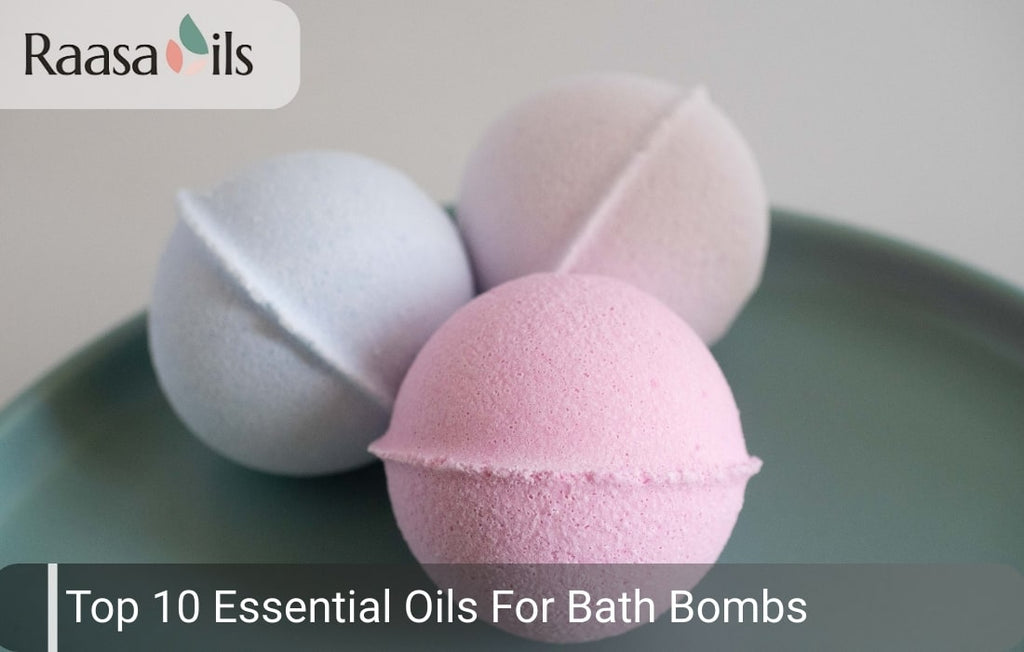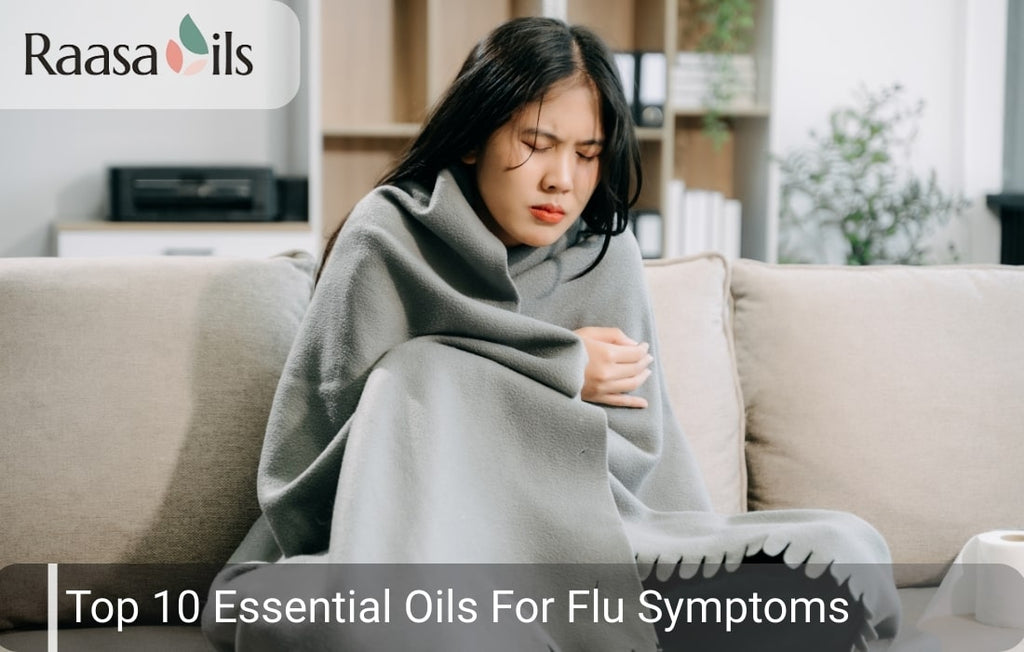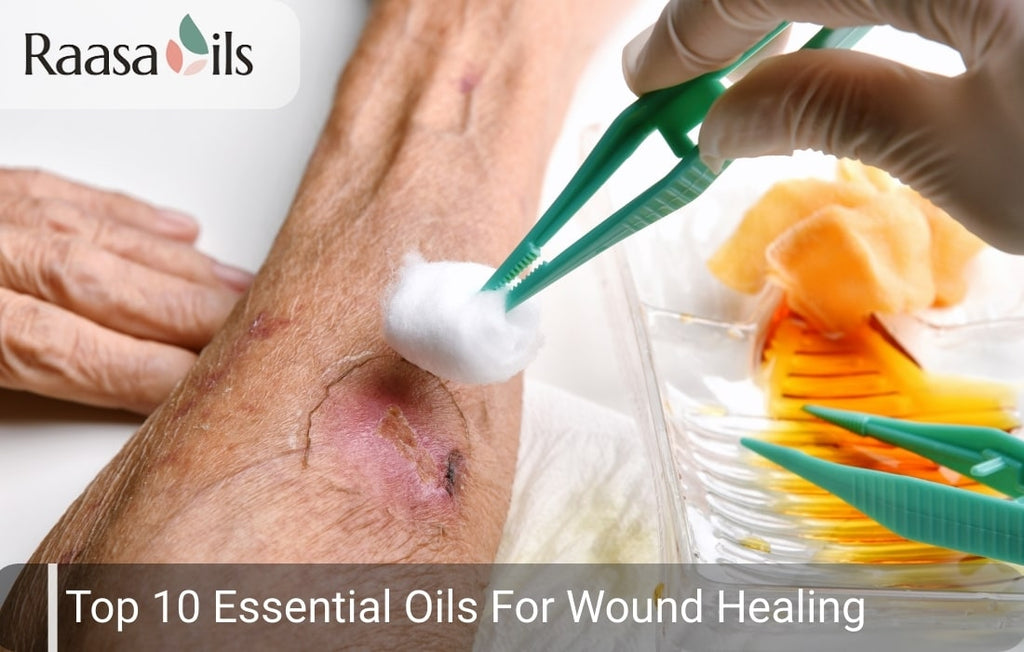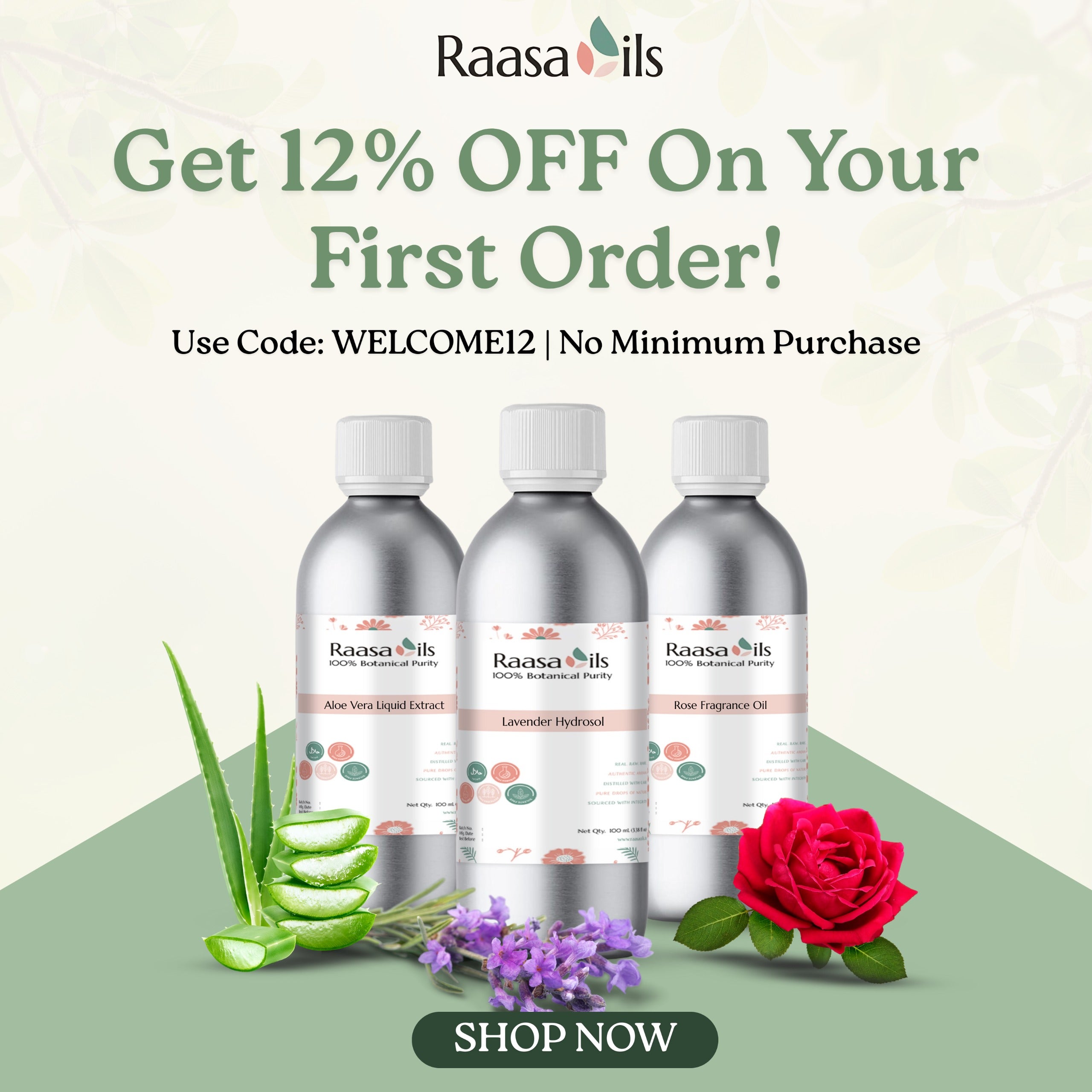Living with bronchitis can be tough. Constant coughing, congestion, and fatigue can leave you feeling drained. While medication helps, many seek natural relief. Essential oils offer a powerful solution. These plant extracts have amazing benefits for respiratory health, easing inflammation and fighting infections. With anti-inflammatory, antimicrobial, and expectorant properties, essential oils can alleviate bronchitis symptoms, reduce congestion, and promote easy breathing. Let's explore how essential oils can be a natural game-changer for managing bronchitis and finding relief. We’ll explore the top 5 essential oils for bronchitis and share a soothing diffuser recipe to alleviate symptoms.
Top 5 Essential Oils That Help With Bronchitis Relief
Bronchitis can be frustrating, causing sore throats, persistent coughs, and fatigue. While not severe, symptoms can be overwhelming. Essential oils offer a natural remedy, but with many options, it's hard to choose. Let's explore the best essential oils to help alleviate bronchitis symptoms naturally. To help you find relief, we've curated a list of the top 5 essential oils for bronchitis. Let's dive in!
1. Oregano Essential Oil For Bronchitis
Oregano essential oil boasts potent antibacterial, antiviral, and anti-inflammatory properties, thanks to compounds like carvacrol and thymol. It can slow the growth and spread of germs, causing bronchitis, particularly bacterial pathogens. Diluted oregano essential oil can be used in steam inhalation or diffusion to support lung health. Regular use can relieve bronchitis symptoms and support respiratory health, making it a natural remedy for colds, flu, and viral infections.
2. Eucalyptus Essential Oil For Bronchitis
Eucalyptus essential oil is rich in 1,8-cineole, offering antimicrobial and anti-inflammatory benefits, aiding in respiratory conditions like bronchitis and colds. For inhalation, add 12 drops to 150 ml of boiling water and inhale up to three times daily. For topical use, dilute to a 1.3% concentration and apply up to three times daily. Avoid use in children under 2 years and pregnant women. Never ingest eucalyptus essential oil, as even small amounts can be toxic. Always dilute before topical application to prevent skin irritation.
3. Peppermint Essential Oil For Bronchitis
Studies show menthol improves cough latency and subjective airflow, though it may mask obstruction. Use 3 to 4 drops in hot water up to three times daily. Always dilute before topical use; avoid in young children and pregnant individuals. Peppermint essential oil’s key component, menthol, provides a cooling sensation and acts as a mild analgesic and antitussive, relaxing bronchial muscles and soothing cough‑related pain. Inhalation—via diffuser, steam, or direct sniffing—can clear congestion, ease breathing during bronchitis, and relieve headaches.
4. Tea Tree Essential Oil For Bronchitis
Tea tree essential oil's strong antiviral and antibacterial properties make it a valuable natural remedy for preventing bronchitis and the common cold. By calming congested airways, breaking up mucus, and purifying the air, tea tree essential oil provides comprehensive support for respiratory wellness. Its detoxifying properties also help alleviate bronchitis symptoms, promoting a healthier and more balanced respiratory system.
5. Thieves Essential Oil For Bronchitis
Thieves’ essential oil's vapors relieve congestion and pain from bronchitis and colds, thanks to its antiviral, antibacterial, and anti-inflammatory properties. A blend of clove, cinnamon, lemon, eucalyptus, and rosemary, it supports respiratory health and eases nasal congestion. Diffusing Thieves' uplifting aroma boosts mood, creativity, and mental clarity. Use cautiously, dilute appropriately, and avoid around children or sensitive individuals.
Essential Oil Recipe For Bronchitis Symptoms
Exhausted from relentless bronchitis symptoms? You're not alone. This frustrating condition disrupts daily life, leaving you drained. Fortunately, there's a natural solution. This essential oil diffuser recipe combines potent oils to ease symptoms, calm coughs, and restore energy, promoting a healthier you.
Ingredients:
- Coconut Oil - ¼ Cup
- 1 – 2 Drops Oregano Essential Oil
- 12 Drops Eucalyptus Essential Oil
- 3 - 4 Drops Peppermint Essential oil
- 10 Drops Tea Tree Essential Oil
- 10 – 15 Drops Thieves Essential Oil
Directions:
- Fill your essential oil diffuser with coconut oil and stir gently to combine.
- Add the eucalyptus, peppermint, and tea tree essential oils one by one.
- Transfer it to an airtight container.
- Breathe Easy with this Bronchitis Essential Oil Combination - Ready for Use!
A Step-by-Step Guide to Use Essential Oils For Bronchitis
Essential oils offer numerous health benefits, and there are several ways to harness their power to alleviate bronchitis symptoms. Let's explore some effective methods:
1. Local Application
When using essential oils topically, it's crucial to dilute them with carrier oils, as they can be potent. Mix a few drops of essential oils (like eucalyptus or peppermint) with carrier oils (such as sweet almond or golden jojoba). Apply the blend to your chest and forehead, ensuring the carrier oil ratio is at least 10:1. Always perform a patch test before using a new essential oil.
2. Humidifier
Aromatherapy diffusers disperse essential oils into the air, creating a pleasant atmosphere and promoting health benefits. Add a few drops of your preferred essential oil to the humidifier, and breathe in the soothing aroma.
3. Vaporizer
Dry air can exacerbate bronchitis symptoms, but essential oils combined with steam can provide relief. Add 3-4 drops of essential oil to 1 liter of hot water, inhale the vapor, and enjoy the benefits of loosened mucus and improved breathing.
Conclusion
Unlock Nature's Power! Discover the ultimate natural remedy for bronchitis with Raasa Oils' premium essential oils. Trusted for decades, Raasa Oils offers high-quality oils for effective relief. Explore their collection now at https://raasaoils.in/ and breathe easy!"
DISCLAIMER
This content is for informational purposes only and is not a substitute for professional medical advice, diagnosis, or treatment. Always consult a healthcare provider before using essential oils for any health condition.


